Reviving Our Corals
Coral communities in Hong Kong waters face numerous threats that are also impacting the habitats of many other marine species. In June 2023, WWF-Hong Kong launched the three-year “Reviving Our Corals” initiative in collaboration with the Coral Academy at the Chinese University of Hong Kong, aiming to actively restore these precious corals by taking a scientific approach that utilises local materials and Nature-based Solutions.
With the support of The Swire Group Charitable Trust, IPX Corporation (Hong Kong & Macau) and Patagonia, we have been enhancing our laboratory facilities by establishing two coral nursery aquaria systems at the Hoi Ha Marine Life Centre. These additions have given us the capacity to rescue and nurture over 250 coral fragments simultaneously and provide optimal conditions for their recovery.
Supported by The Swire Group Charitable Trust, during the past year, we conducted several coral outplanting and restoration training workshops. Before rolling out the workshops, we organised closed diving events and invited 60 advanced divers and scuba diving instructors to evaluate the itinerary. The ultimate goal was to give public divers the opportunity to observe experts from the Coral Academy as they outplanted corals that had been nurtured at the Hoi Ha Marine Life Centre, and obtain hands-on experience in restoring degraded coral sites in the Tolo Channel.
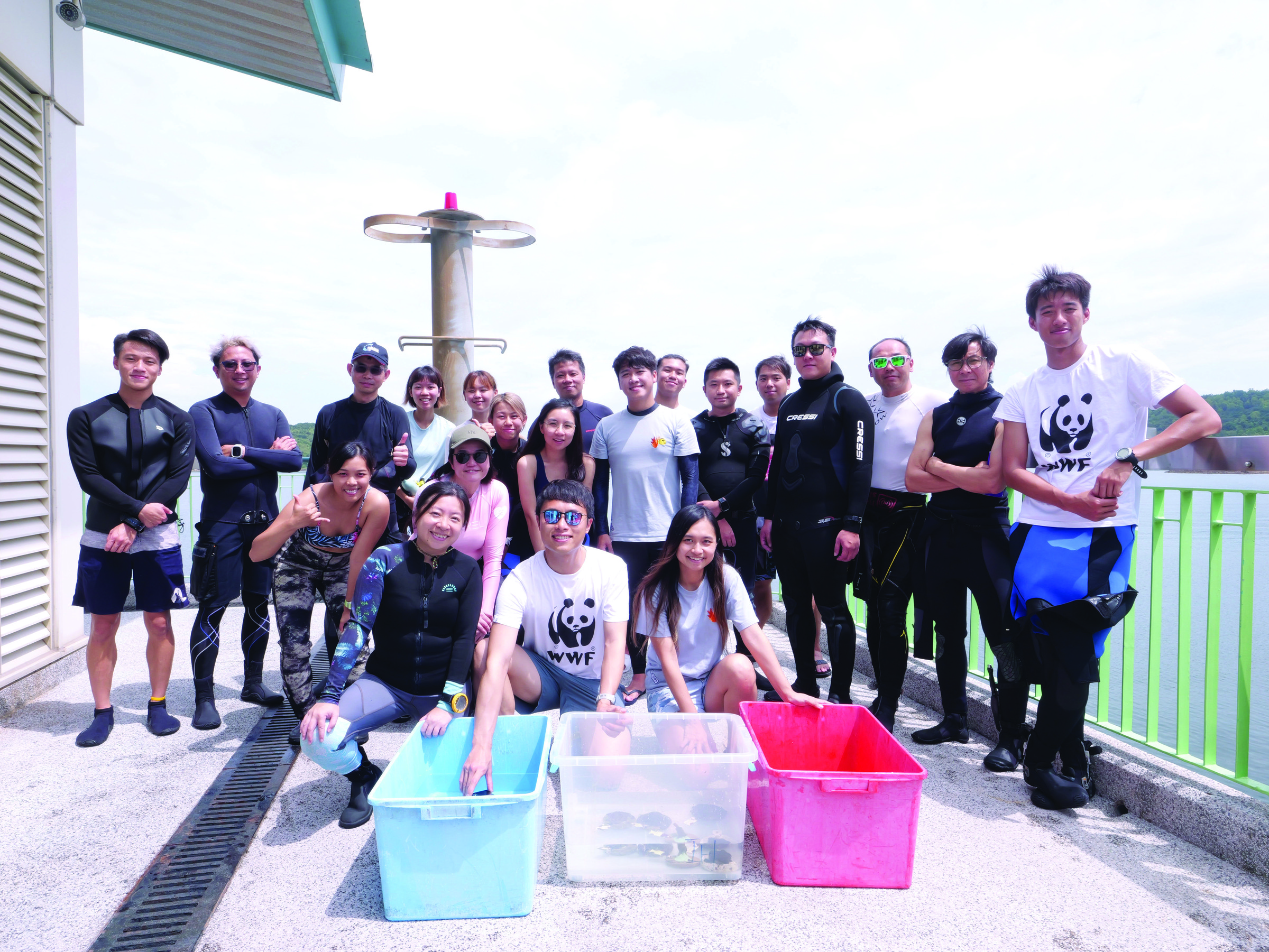
The Reviving Our Corals initiative, in collaboration with the Coral Academy, entered its second year in 2024

Two new coral nursery aquaria systems were established at the Hoi Ha Marine Life Centre this year
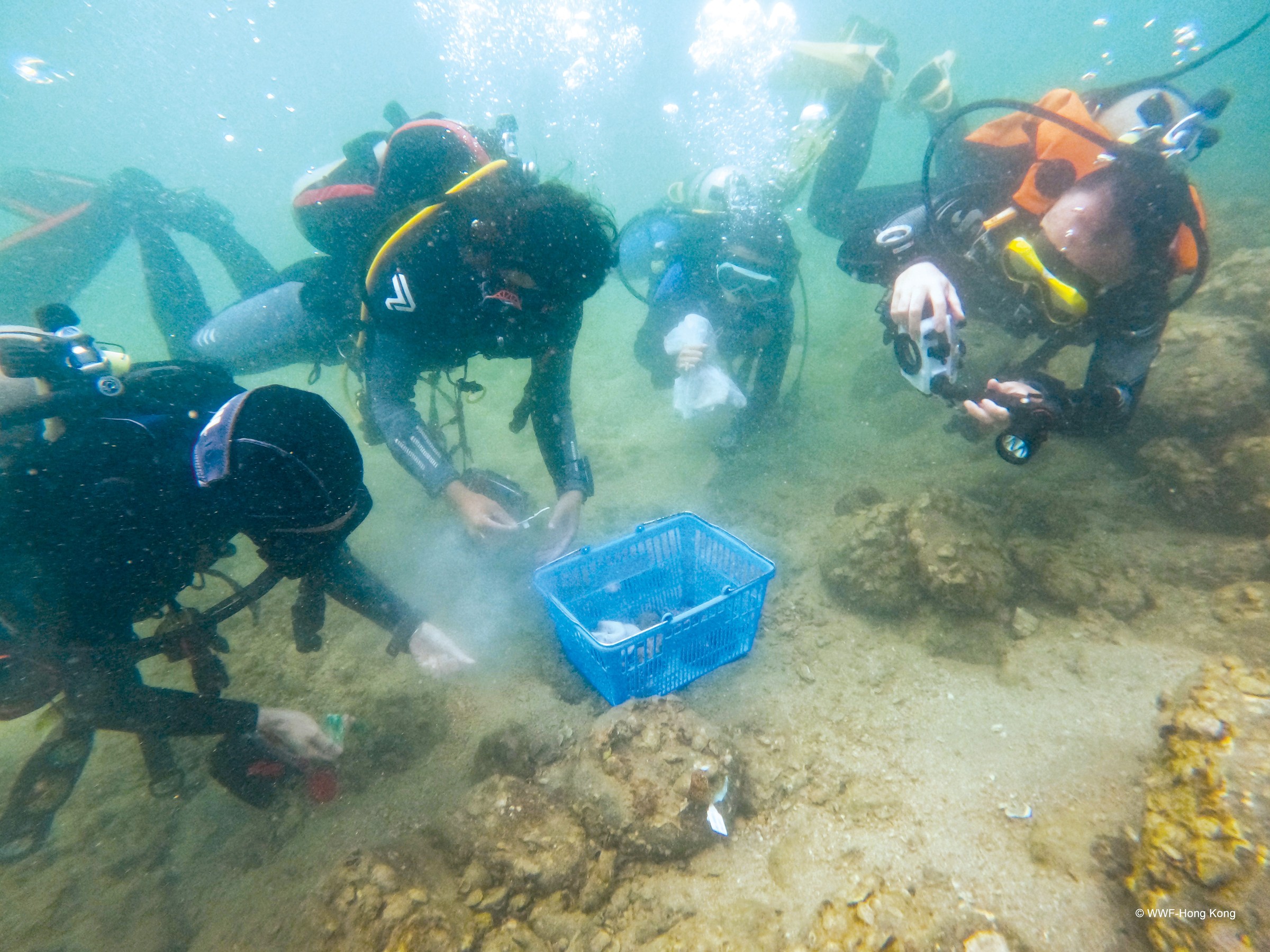
Volunteer divers gained hands-on experience during our coral outplanting and restoration training workshops
Since July 2023, we have achieved a number of significant coral restoration milestones. Our dedicated Oceans Conservation team, in partnership with the Coral Academy, has rescued and nurtured more than 500 “Corals of Opportunity”, or coral fragments, with 385 successfully outplanted in the Tolo Harbour and Channel. This success is a direct result of meticulous water quality monitoring and the expansion of our coral nursery tanks, bringing us closer to our goal of nurturing 1,000 corals that will support ongoing research.
We are confident that the Reviving Our Corals initiative will create significant positive impacts on the revitalisation of Hong Kong’s coral habitats. Together, we are making a meaningful difference in the conservation and restoration of our invaluable underwater environments.
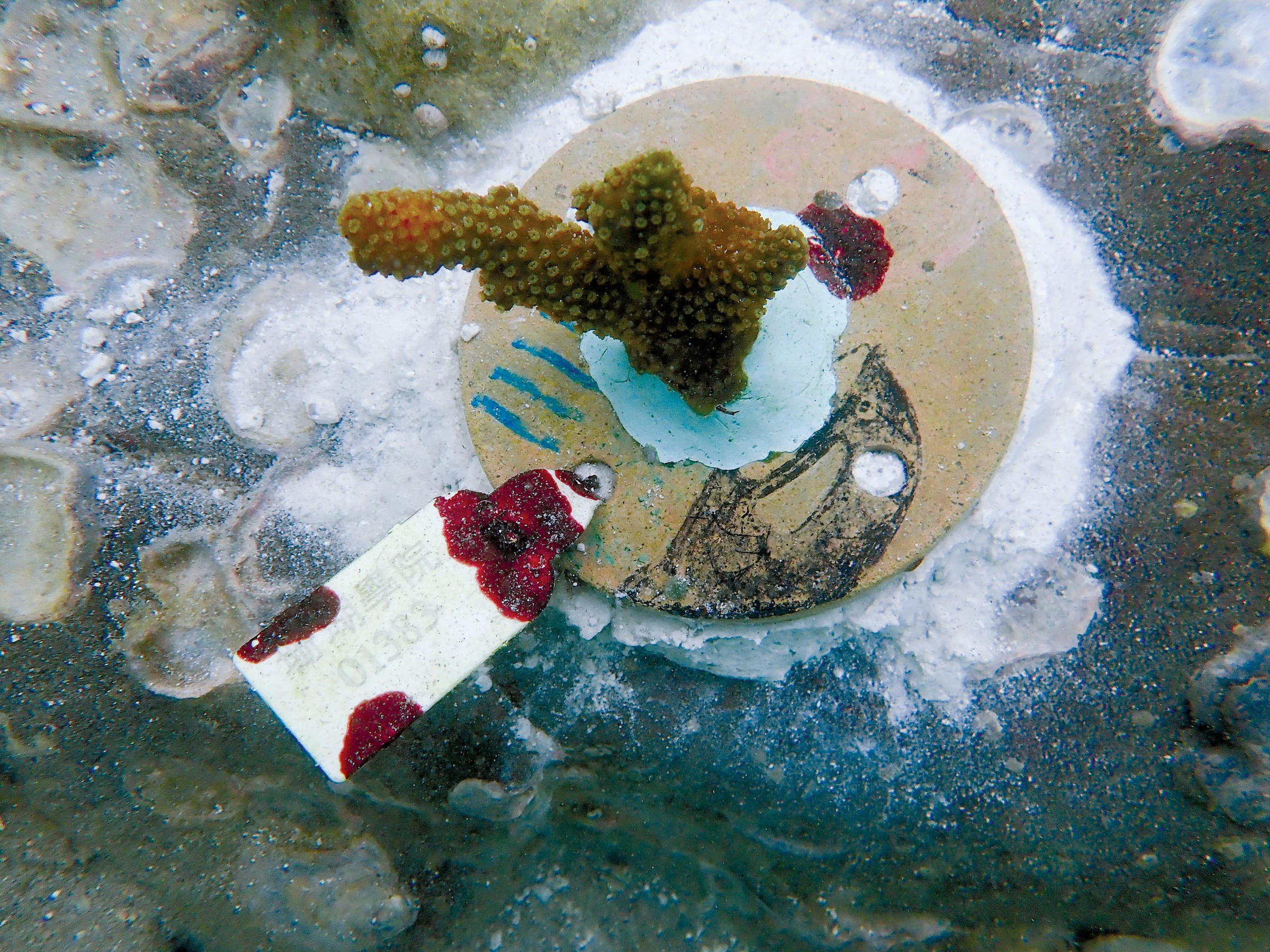
385 Corals of Opportunity have been successfully outplanted in the Tolo Harbour and Channel so far
.jpeg)
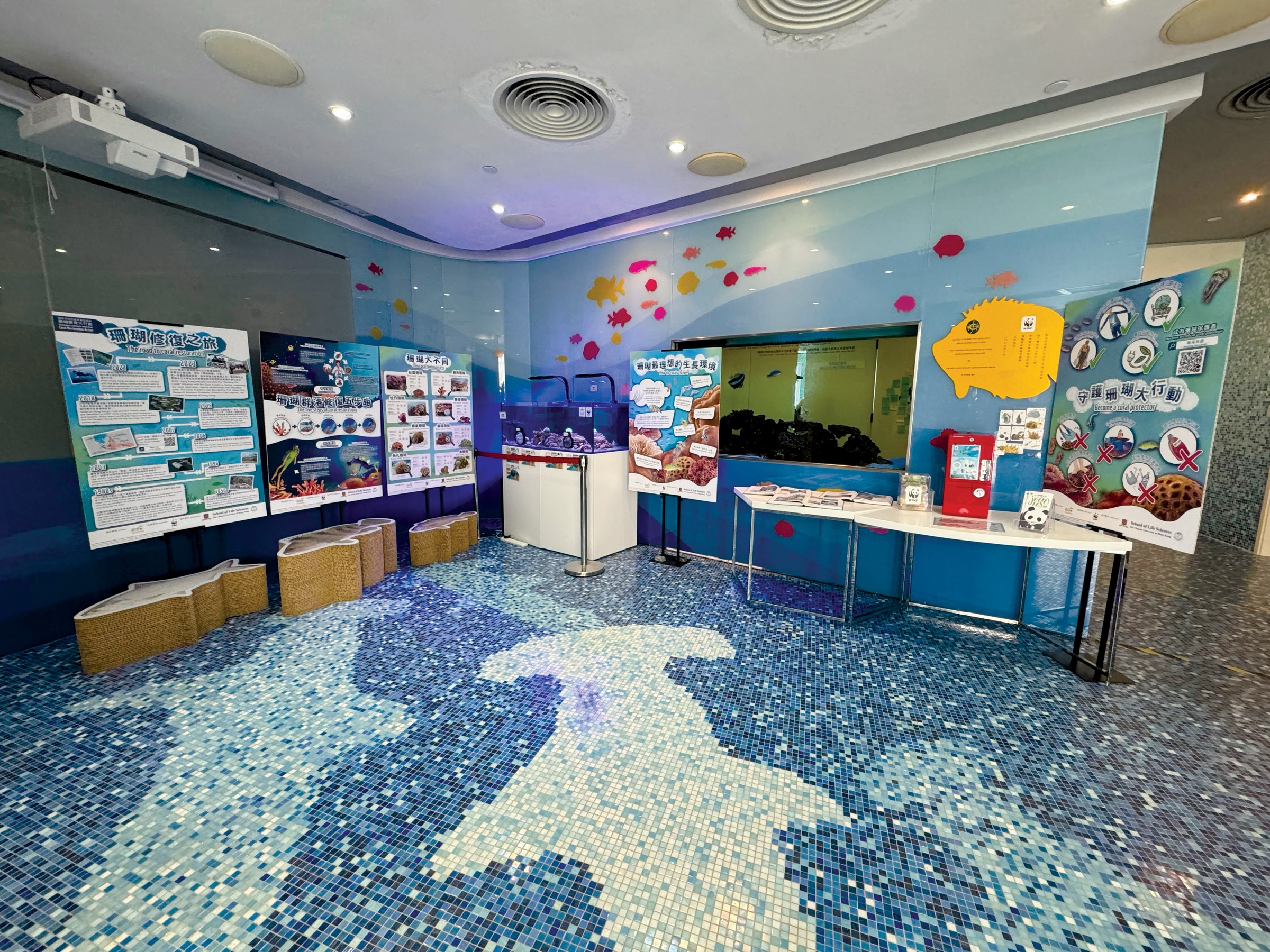
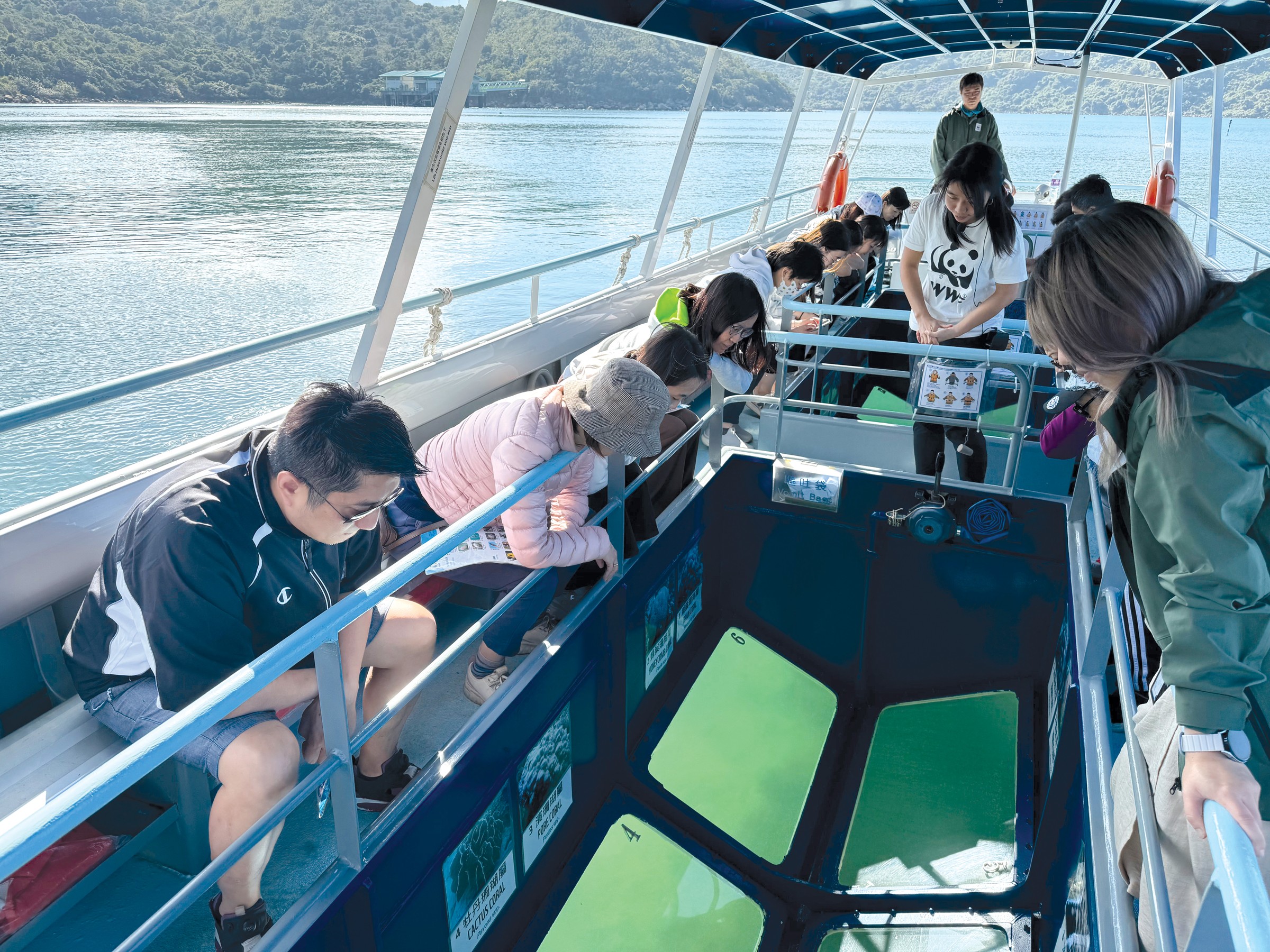

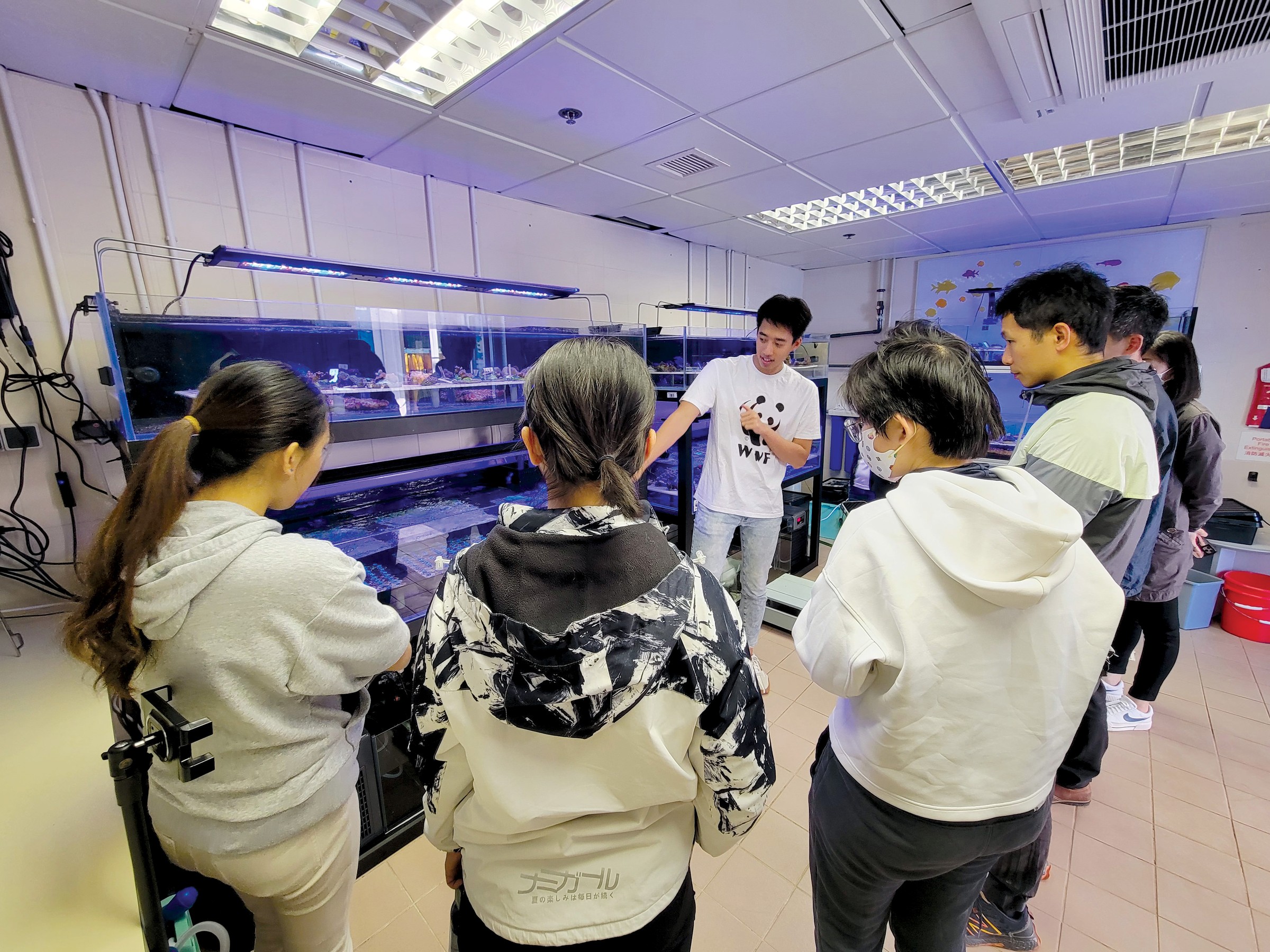
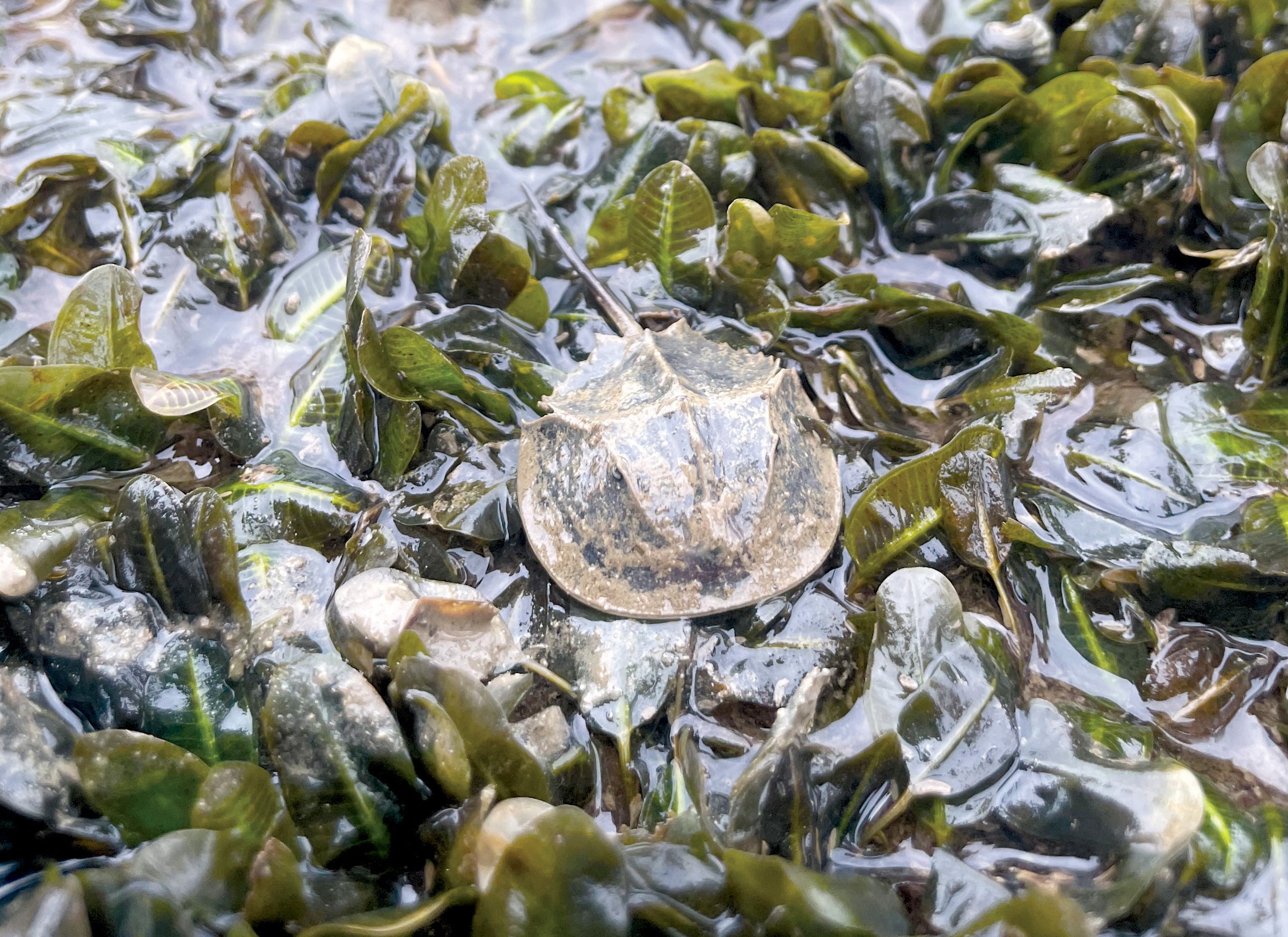
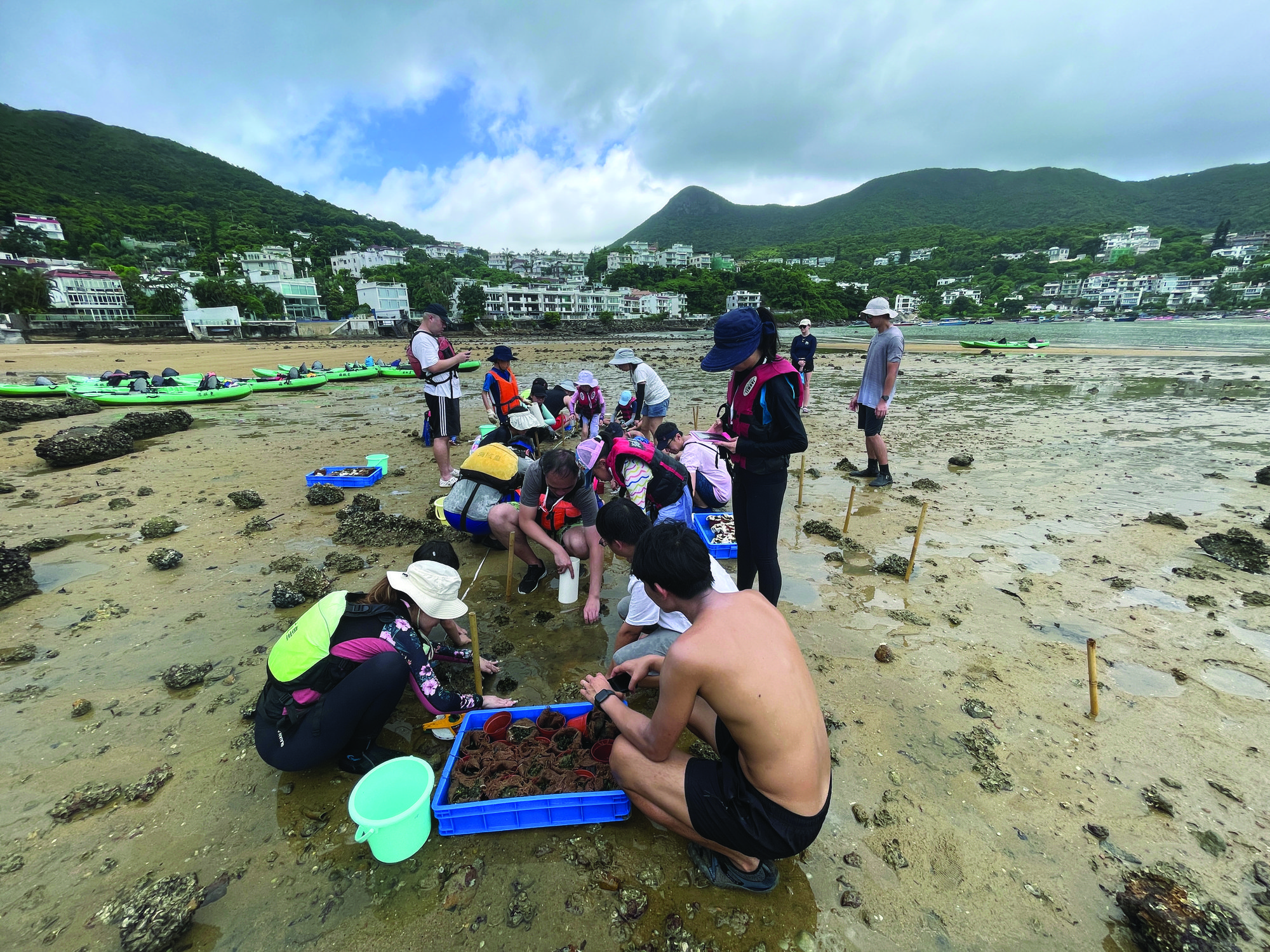
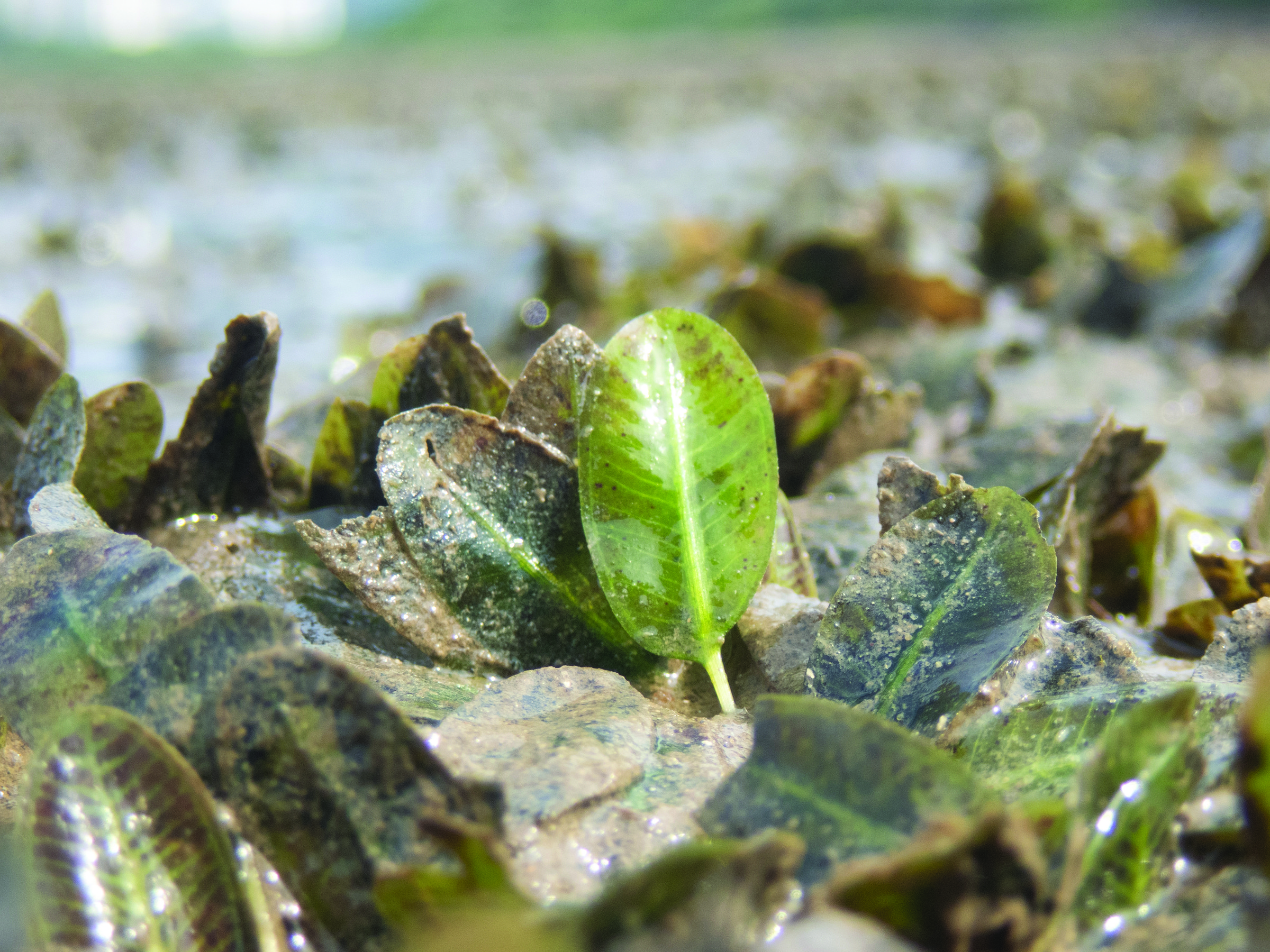
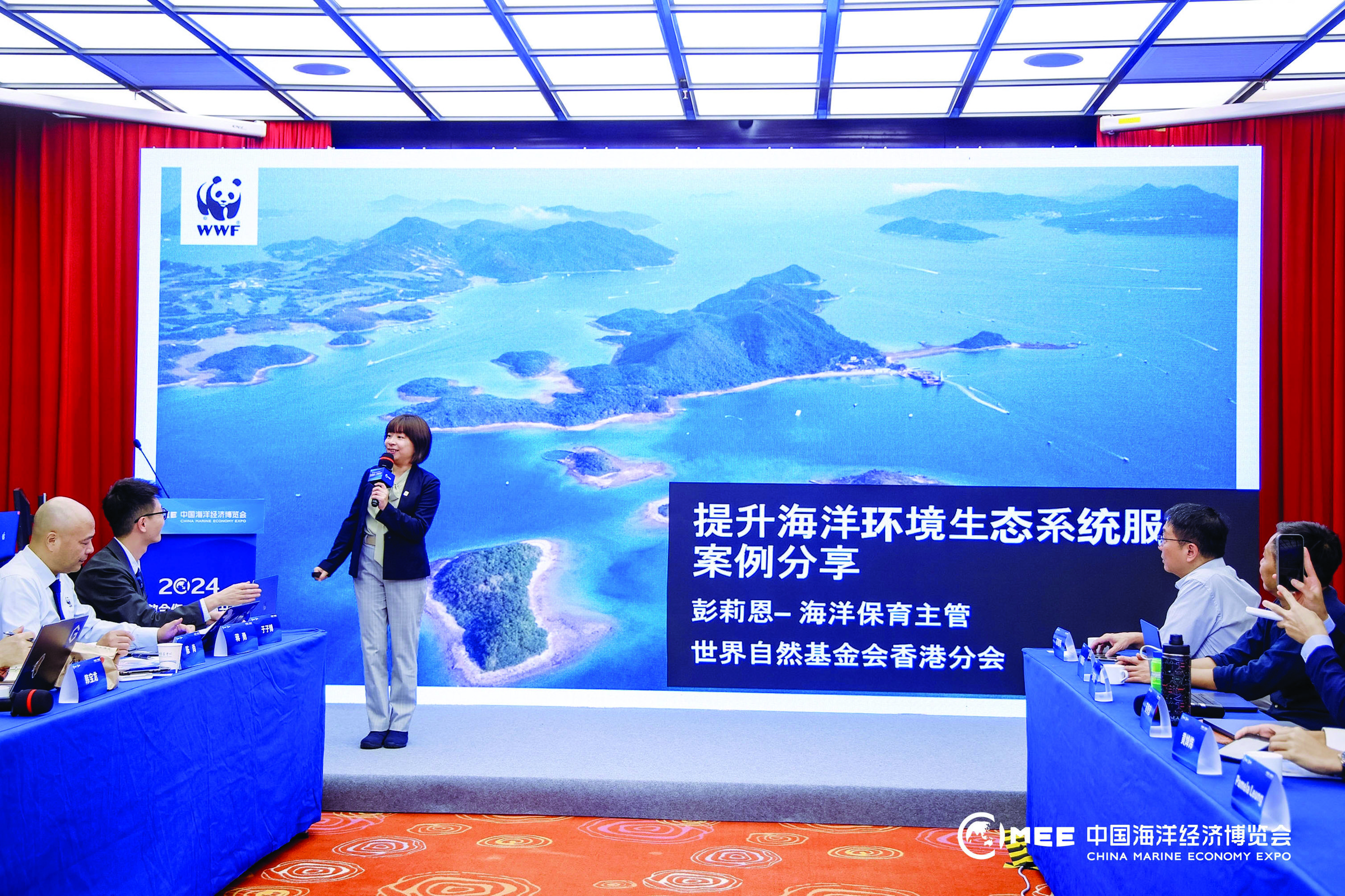

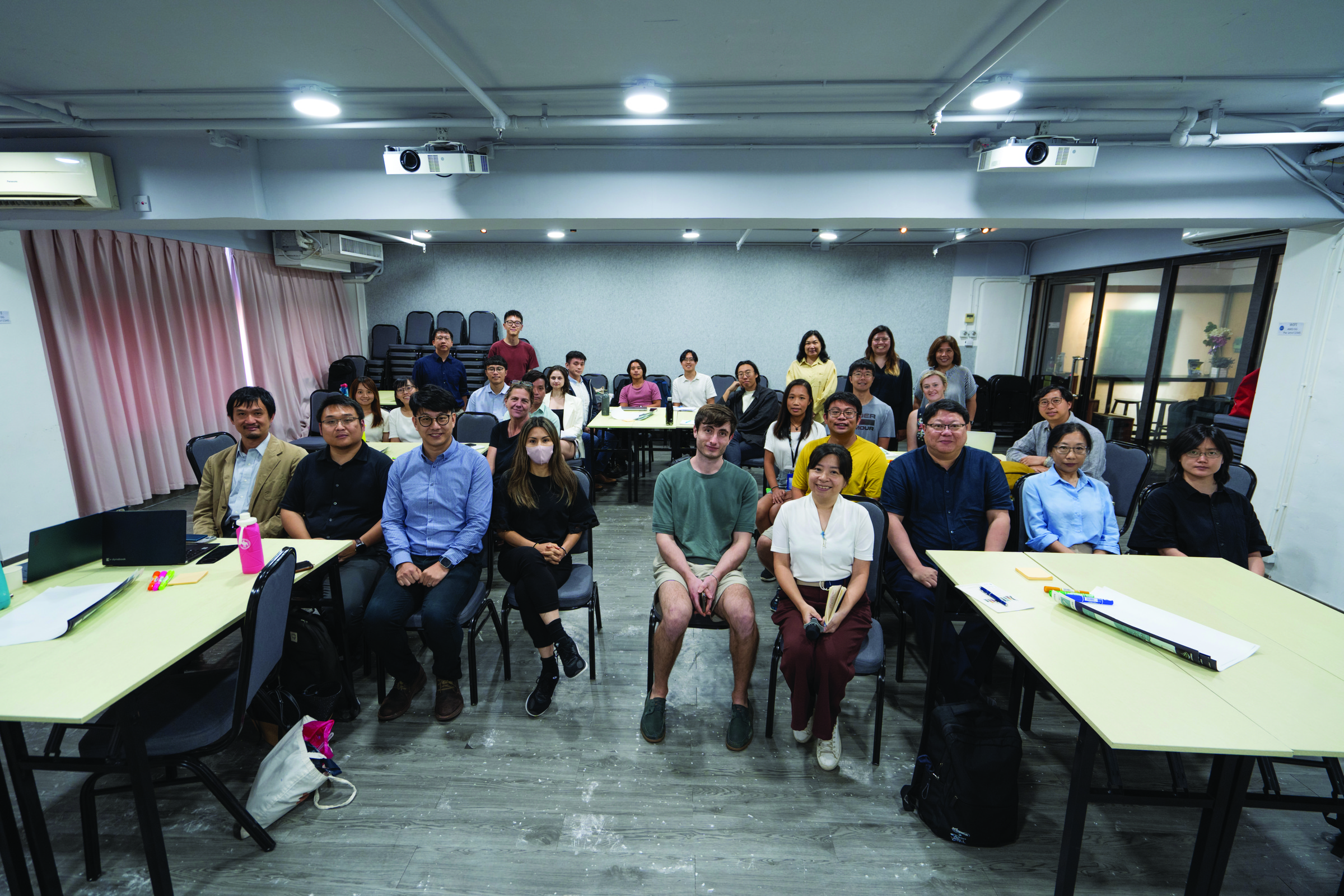

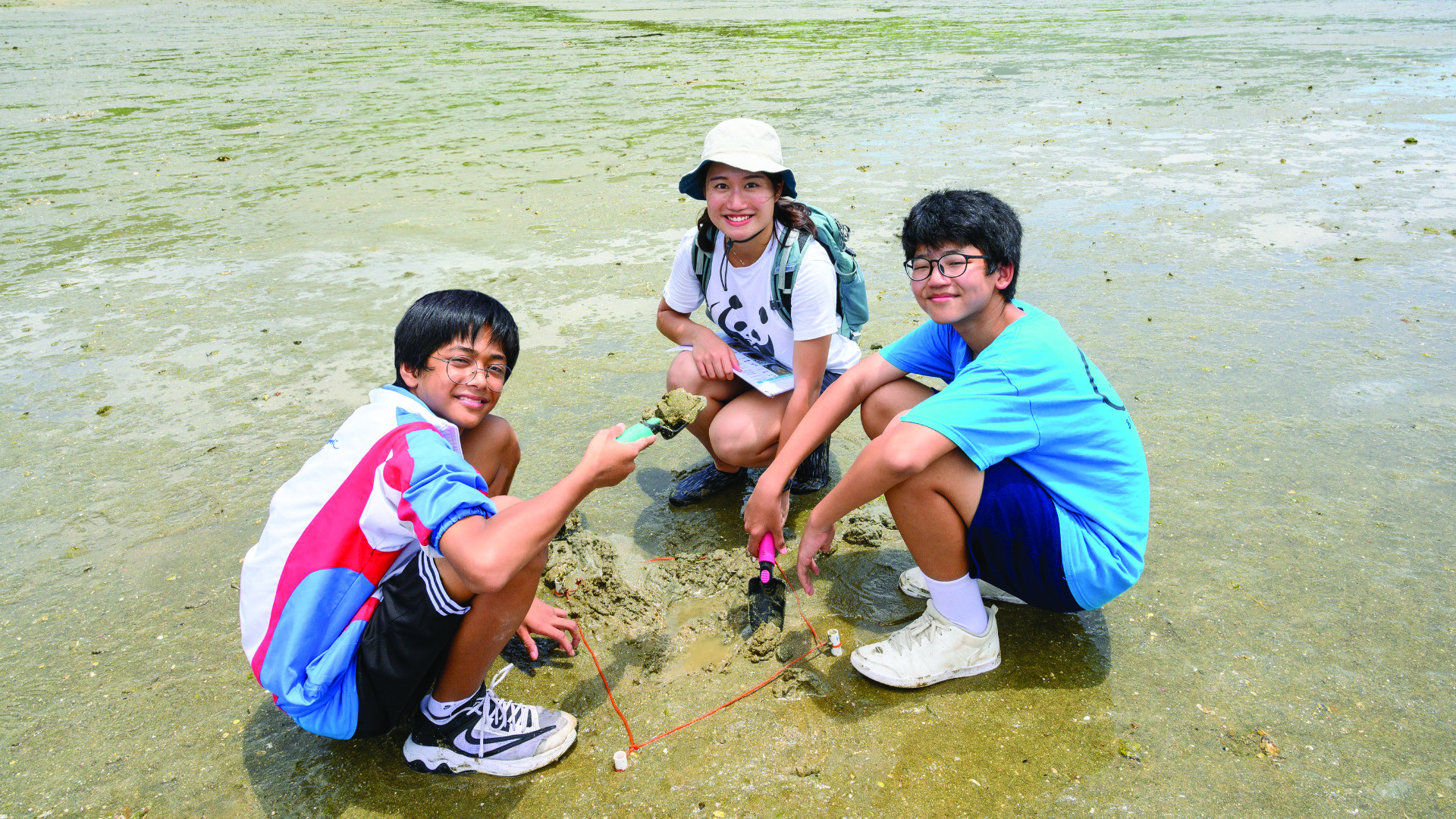

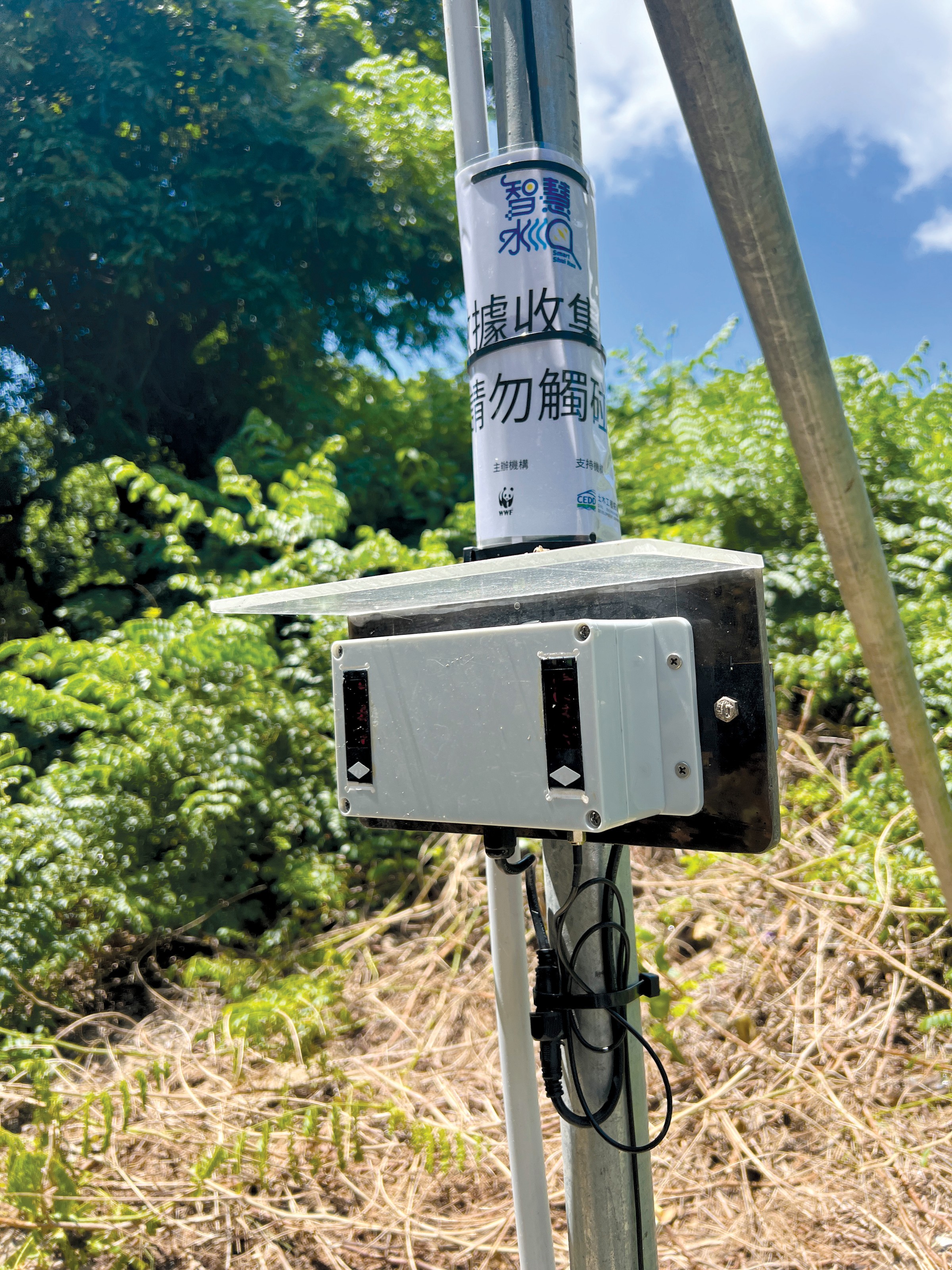
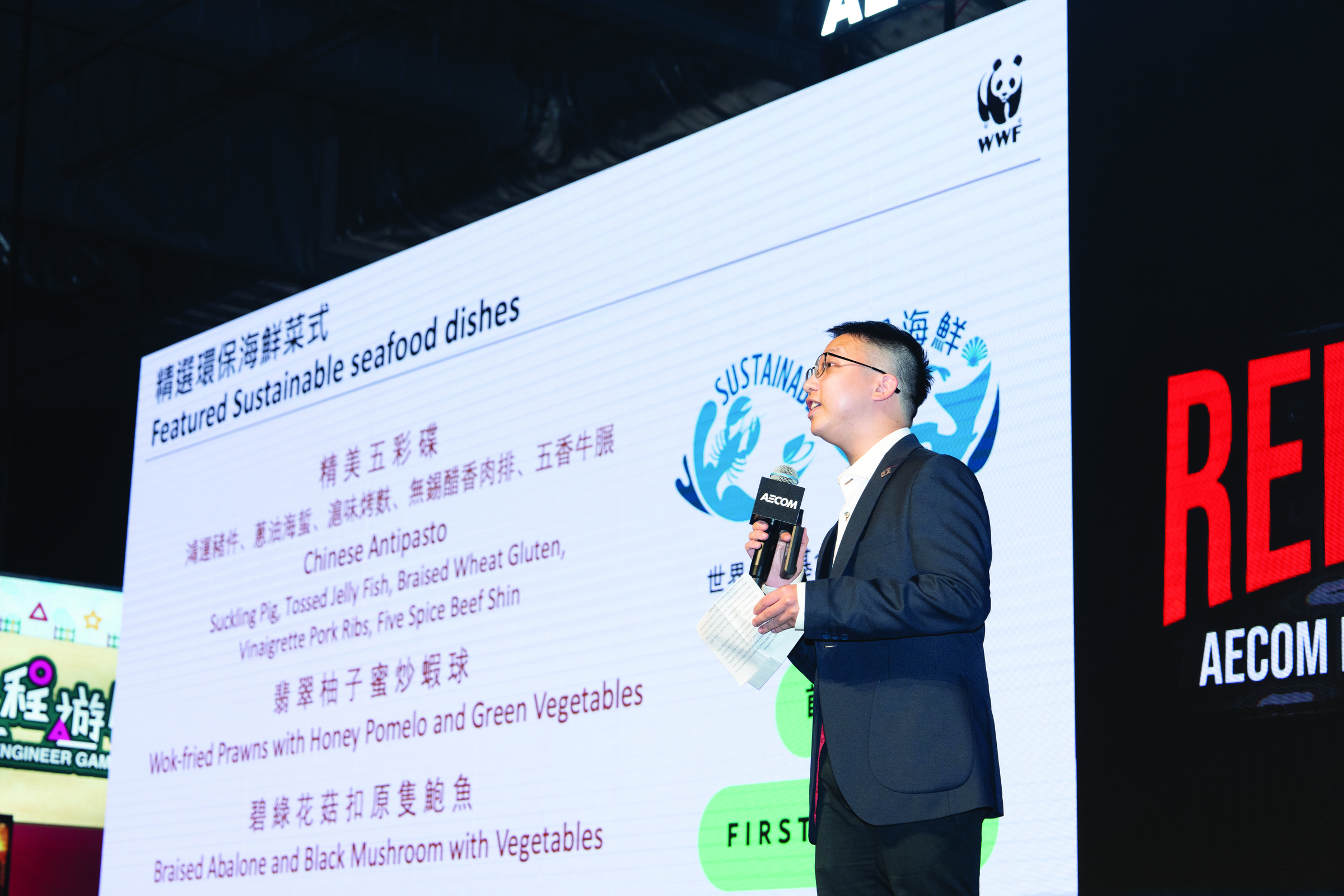
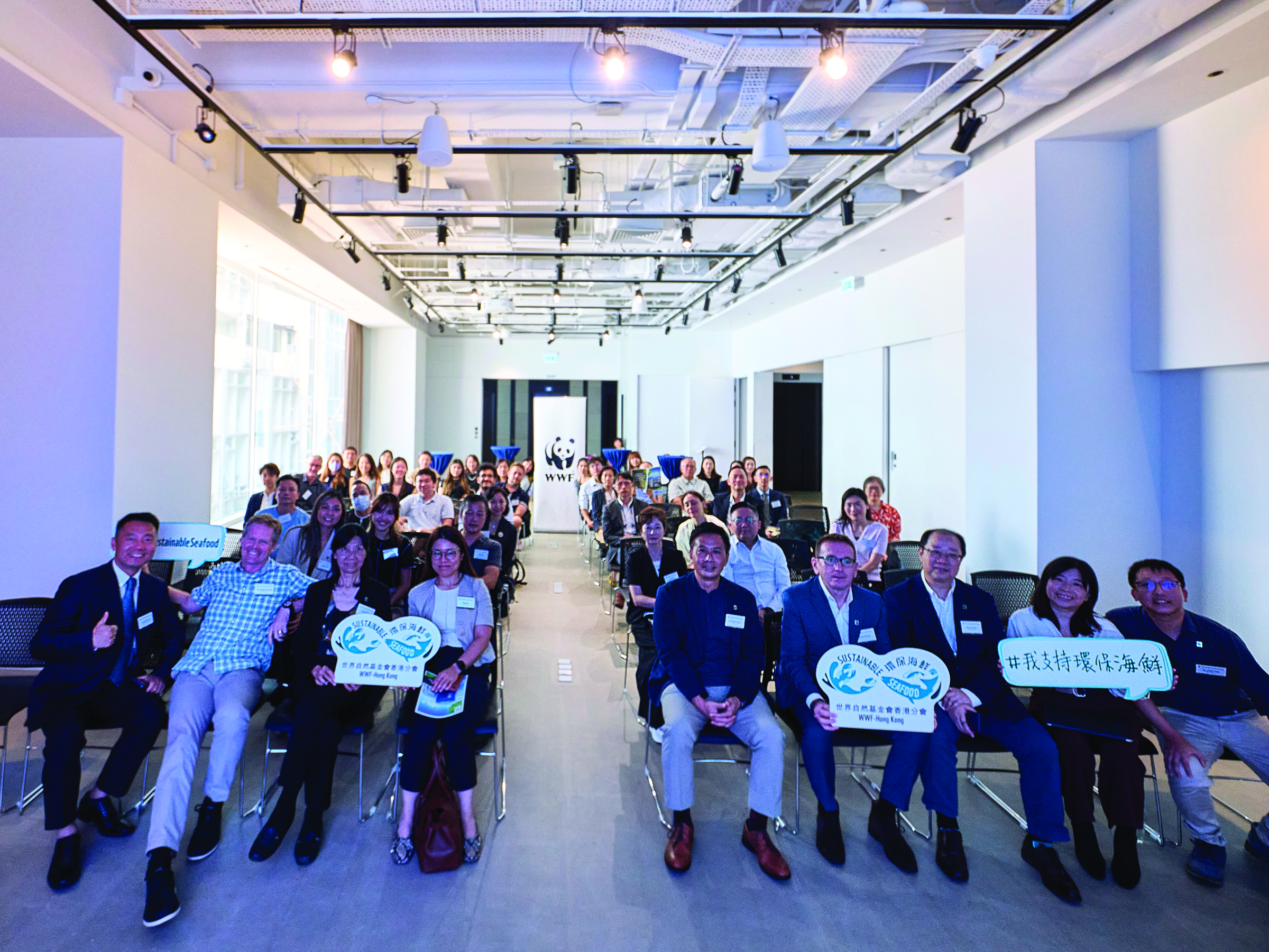

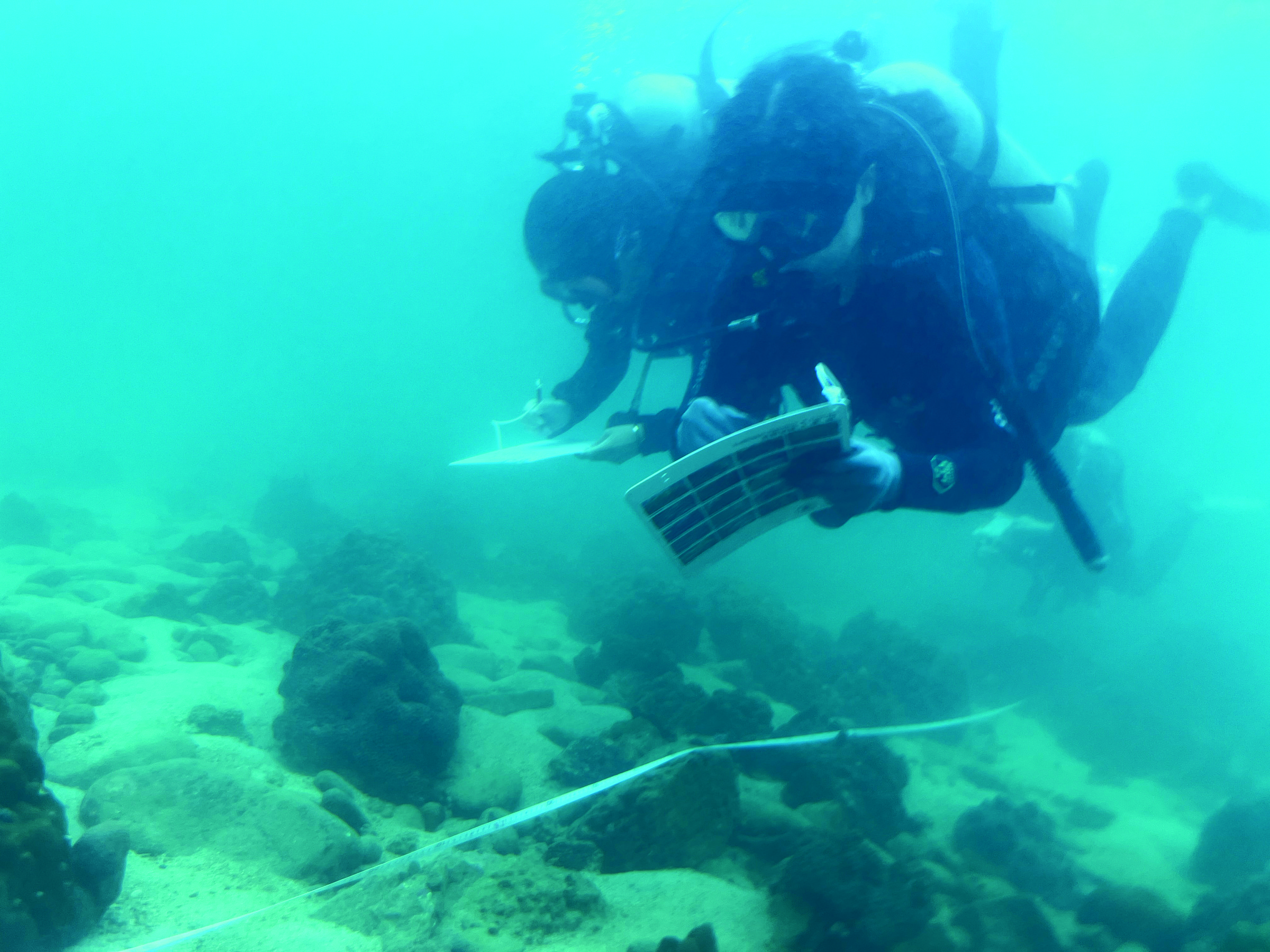
.jpg)